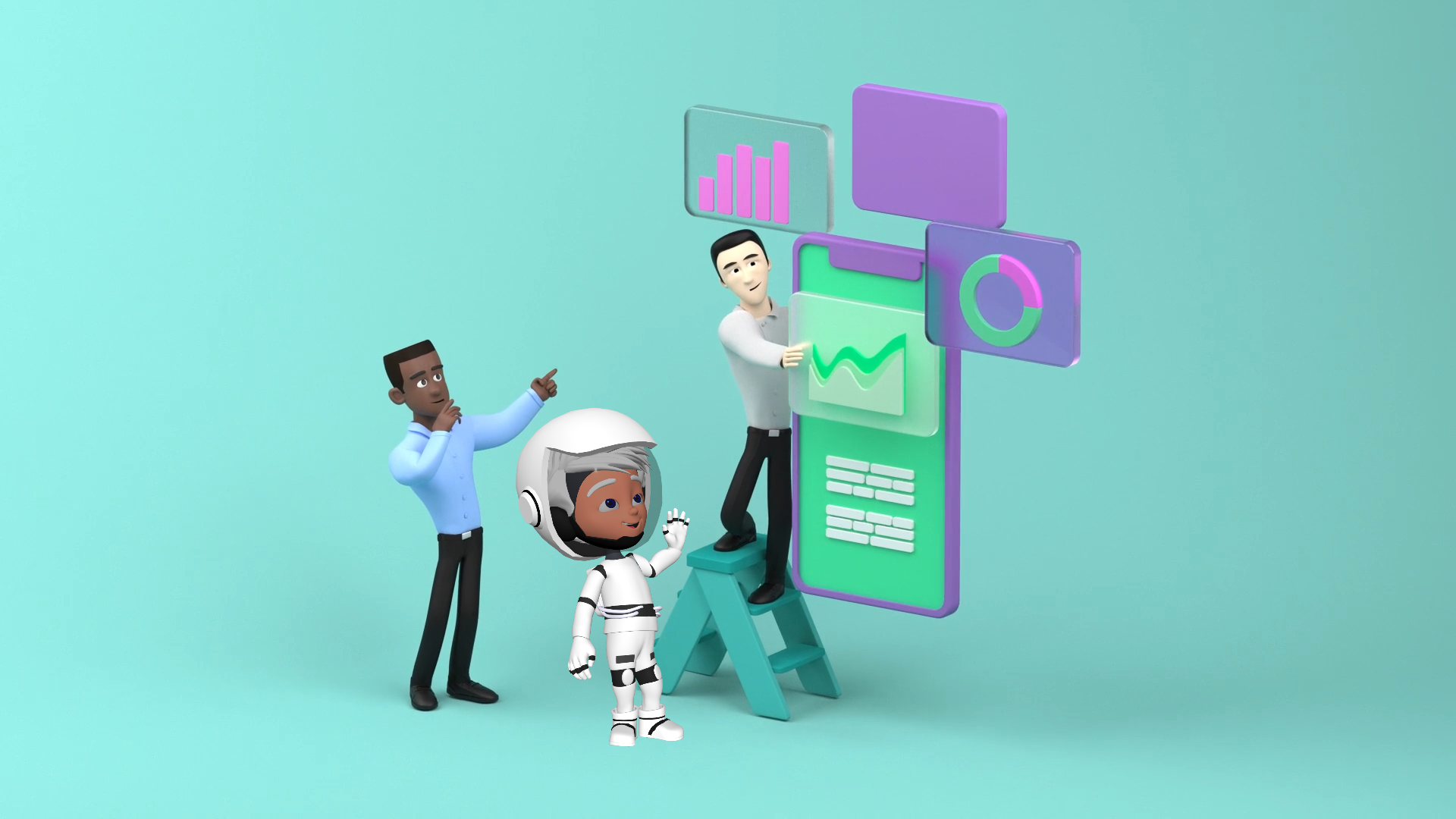
Published in:
Stories
Legal AI Digital Worker: Transforming the Legal Landscape?
The legal world is evolving rapidly, with increasing demands for efficiency, accuracy, and compliance. Legal professionals face growing workloads, requiring them to manage complex contracts, conduct meticulous research, and stay updated with ever-changing laws and regulations. Enter the Legal AI Digital Worker—a groundbreaking solution designed to streamline legal workflows, support professionals, and revolutionize the way legal teams operate.
What Is a Legal AI Digital Worker?
A Legal AI Digital Worker is a specialized AI tool tailored to assist legal teams by automating repetitive tasks, enhancing accuracy, and providing valuable insights. Unlike general-purpose AI, it is fine-tuned for the legal industry, understanding the nuances of laws, regulations, and contracts.
Core Capabilities of a Legal AI Digital Worker
- Legal Training for Lawyers and Paralegals
Legal AI Digital Workers provide on-demand resources and training to keep legal teams up to date with the latest legal precedents, regulatory changes, and industry trends. They can simulate real-world legal scenarios, helping professionals sharpen their skills and stay ahead in emerging areas of law.
- Contract Drafting and Review
Drafting contracts can be tedious and time-consuming. Legal AI Digital Workers generate contracts from predefined templates, ensure all necessary clauses are included, and highlight risky or inconsistent terms during reviews, minimizing human oversight.
- Compliance Monitoring and Updates
Keeping up with regulatory changes is a constant challenge. These AI tools monitor legal updates in real time, interpret them, and provide actionable insights to ensure compliance, helping legal teams proactively address risks.
- Legal Research
Conducting thorough research is critical in legal practice. Legal AI Digital Workers quickly analyze case laws, statutes, and precedents across jurisdictions, summarizing findings to support decision-making.
- Litigation Support
For litigation, AI Digital Workers analyze case data, correspondence, and evidence to uncover patterns or key insights. They streamline case preparation, organizing digital records for easy access and retrieval.
Benefits of Legal AI Digital Workers
- Enhanced Productivity: Automates routine tasks, freeing lawyers to focus on strategic work.
- Cost Efficiency: Reduces the time and effort spent on research, drafting, and compliance.
- Improved Accuracy: Minimizes errors, ensuring high-quality outputs.
- Faster Case Resolution: Accelerates workflows for quicker responses and better client service.
Overcoming Challenges with Legal AI
Customizing AI to Legal Environments
Legal systems vary widely across regions, and client-specific requirements add complexity. Adapting AI tools to these specificities is key to effective implementation.
Building Trust in AI
While AI provides immense value, there’s often skepticism around its recommendations. Ensuring transparency and reliability in AI outputs is critical to gaining the trust of legal professionals.
Training and Adoption
Legal professionals may need time and support to learn how to seamlessly integrate AI into their workflows.
Generic AI Limitations
Many AI solutions are trained on public, generic datasets, which can limit their ability to adapt to regional laws and specific client needs, reducing trust.
Potential Solution: Hub360+ empowers organizations to create AI Digital Workers tailored for legal functions. With the ability to adapt to specific jurisdictions, industries, and organizational needs, these Digital Workers ensure relevance and trustworthiness. Hub360+ also offers a smart messaging platform, enabling seamless communication between legal professionals, software, and AI tools for a collaborative workflow.
Conclusion: The Future of Legal Workflows
As AI becomes more integrated into the legal industry, Legal AI Digital Workers will transform workflows, enabling firms to offer more accessible and efficient legal services. By automating repetitive tasks and providing valuable insights, these AI tools will allow lawyers to focus on client relations, strategy, and innovation in legal practice.

